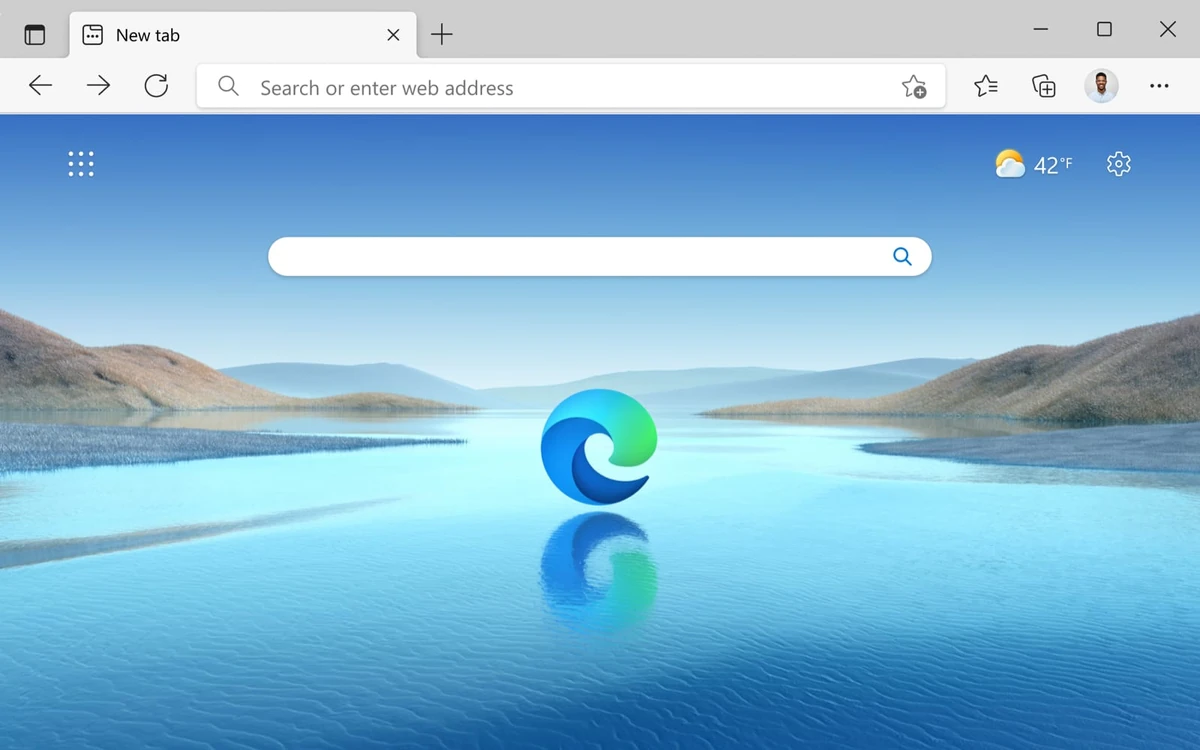In a significant move to revolutionize the browsing experience, Microsoft has launched a new feature in its Edge browser called Copilot Mode, which leverages the power of artificial intelligence to assist users while they navigate the web. This innovative feature is designed to understand what the user is researching, predict their next steps, and take action on their behalf, effectively becoming a personal research companion. With the demand for AI-powered browsers on the rise, Microsoft's Copilot Mode is poised to change the way we interact with the internet.
The Copilot Mode feature is still in its experimental phase and is currently available as an opt-in option for Mac and PC users. Once enabled, users are presented with a new tab page where they can search, chat, and navigate the web with Copilot's assistance. The AI companion can help users with a variety of tasks, such as suggesting substitutions for a recipe or presenting a simplified version of a webpage. For instance, if a user is viewing a recipe online, they can ask Copilot if it can be made vegan, and the AI will provide suggestions. This feature saves users the hassle of having to paste content into a chatbot or search engine, making it a more streamlined and user-friendly experience.
Microsoft claims that Copilot can handle a range of tasks on behalf of the user, including booking appointments, creating shopping lists, and drafting content. The company envisions a future where Copilot can assist users in performing everyday tasks, such as reserving a room on Booking.com or a flight via Kayak. While this "agentic" use of the web is an exciting development, it remains to be seen whether consumer adoption will follow. One potential benefit of Copilot is its ability to facilitate voice input, which could be particularly helpful for individuals who are less tech-savvy or have limited mobility. However, it is unclear whether chatting with an AI will always be faster or more efficient than completing tasks manually, especially for users who are familiar with the websites in question.
One of the most interesting aspects of Copilot is its ability to serve as a research companion. With the user's permission, Copilot can view all open tabs to understand what the person is browsing, providing valuable insights and suggestions. This feature could be particularly useful for tasks such as product comparisons or online research, where users need to navigate multiple websites and sources. By integrating AI into the browser, Microsoft aims to speed up the process of translating the user's needs to the digital helper, making research and browsing more efficient and effective. In the future, Copilot will also prompt users to pick up where they left off on a project or research topic, recommending next steps and helping users stay on track.
As with any AI-powered feature, there are concerns about privacy and data security. Microsoft stresses that Copilot will only be able to access a user's browsing content when they explicitly allow it, and this will be made transparent to the user through visual cues. However, the idea that a feature can view and listen to users while they search may still leave some individuals unsettled. As the technology continues to evolve, it will be essential for Microsoft to prioritize user trust and transparency, ensuring that Copilot Mode is both useful and respectful of users' privacy.
In conclusion, Microsoft's Copilot Mode represents a significant step forward in the development of AI-powered browsers. While it is still an experimental feature, it has the potential to revolutionize the way we interact with the web, making research and browsing more efficient, effective, and user-friendly. As the technology continues to evolve, it will be exciting to see how Copilot Mode develops and how users respond to this new way of browsing the internet. With its commitment to innovation and user experience, Microsoft is poised to shape the future of web browsing and redefine the role of AI in our daily lives.

